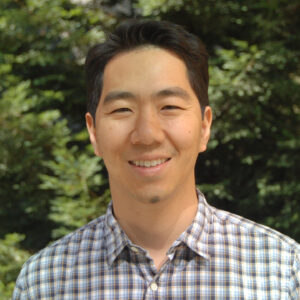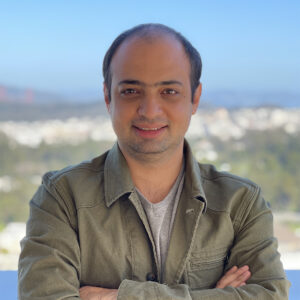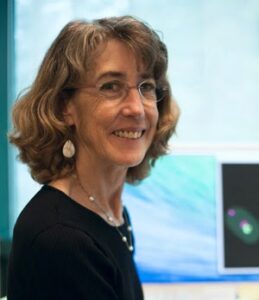Epigenetics
Epigenetics is a fast-growing field in biology that originally aimed to understand the phenotypic expression of the genotype. Today, epigenetics covers from the study of mechanisms of gene expression regulation during the development of complex organisms, to the study of phenotypic alterations caused by environmental exposures and their propagation across generations in the absence of genetic mutations.
Epigenetic mechanisms and alterations have been associated with increased phenotypic variation within a population and to a variety of diseases, including metabolic disruption, infertility, or behavioral alterations.
UCSC faculty cover the breadth of the epigenetics field, from the use of molecular approaches to understand basic epigenetic mechanisms of genome regulation, to determining how environmental factors alter such mechanisms. Understanding how mechanisms of epigenetic regulation of the genome work as well as how environmental factors modulate them have important implications in Evolution and Global Health.
Faculty


Carlos Diaz-Castillo
Assistant Researcher
Microbiology & Environmental Toxicology
Go to Campus Directory

Grant Hartzog
Professor, Associate Dean
Molecular, Cell, & Developmental Biology
Go to Campus Directory


Raquel Chamorro-Garcia
Assistant Professor
Microbiology and Environmental Toxicology
Go to Campus Directory
Sofie Salama
Adjunct Professor
Biomolecular Science and Engineering, Genomics Institute
Go to Campus Directory
Susan Strome
Distinguished Professor
Molecular, Cell, & Developmental Biology
Go to Campus Directory

